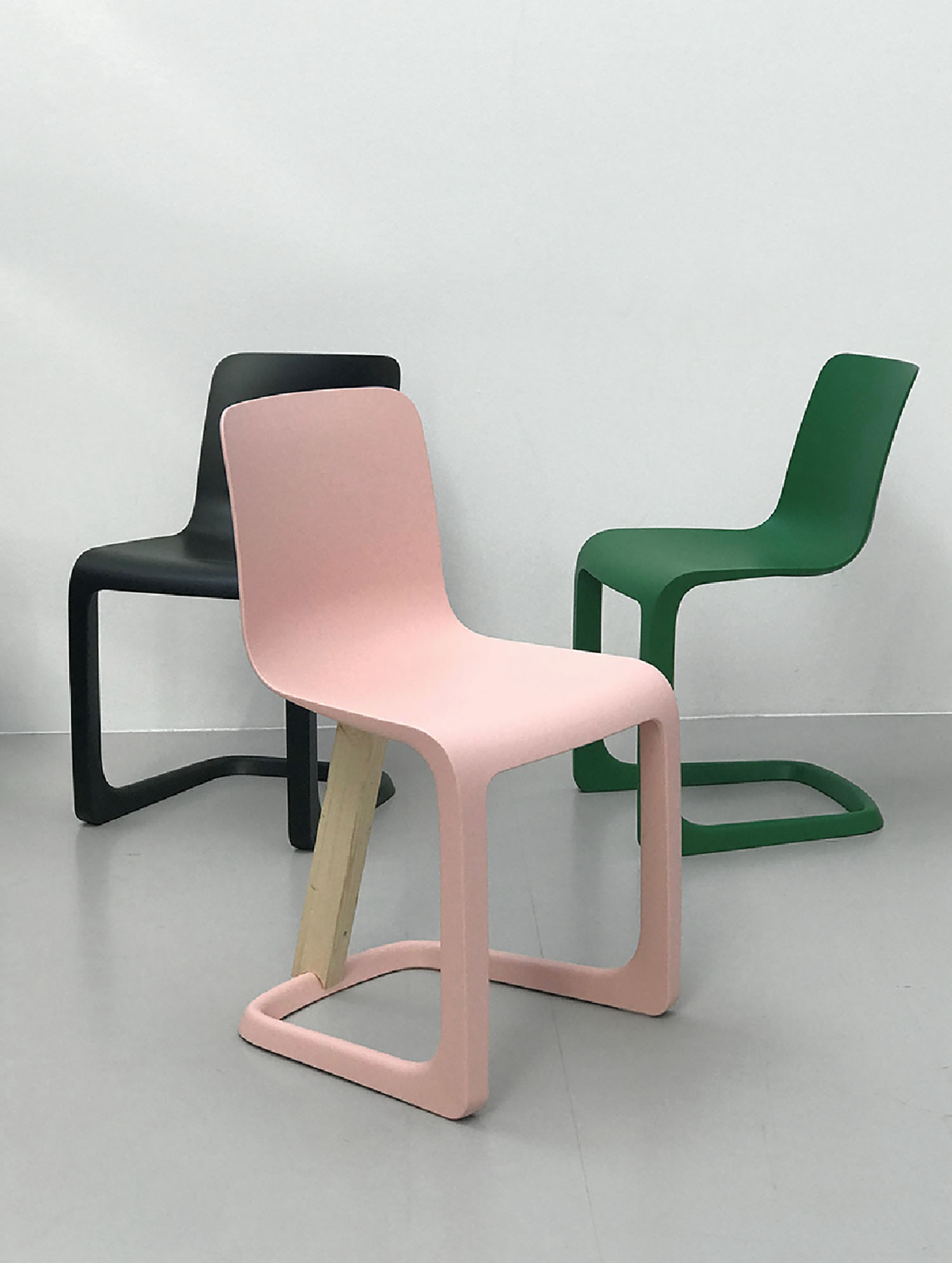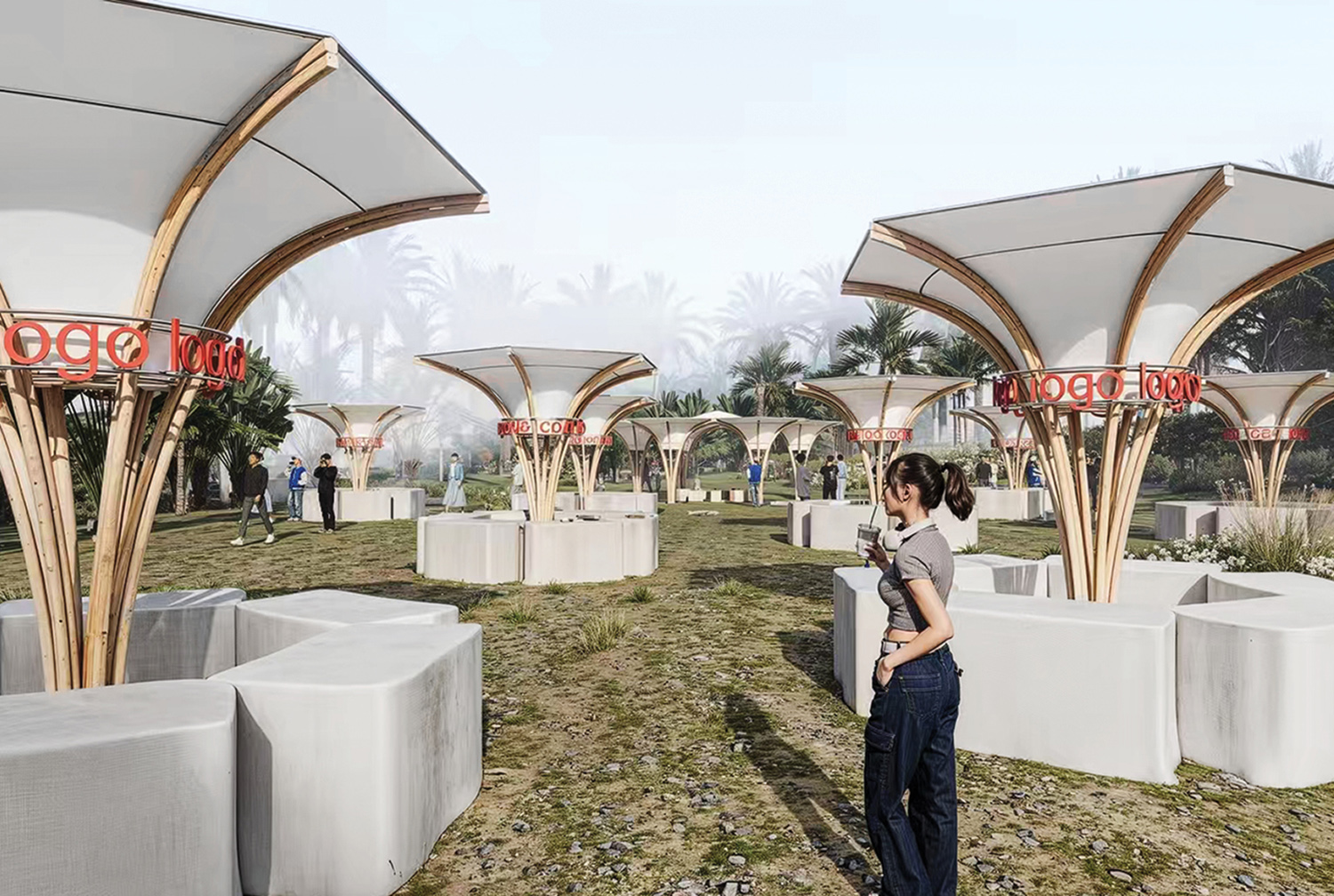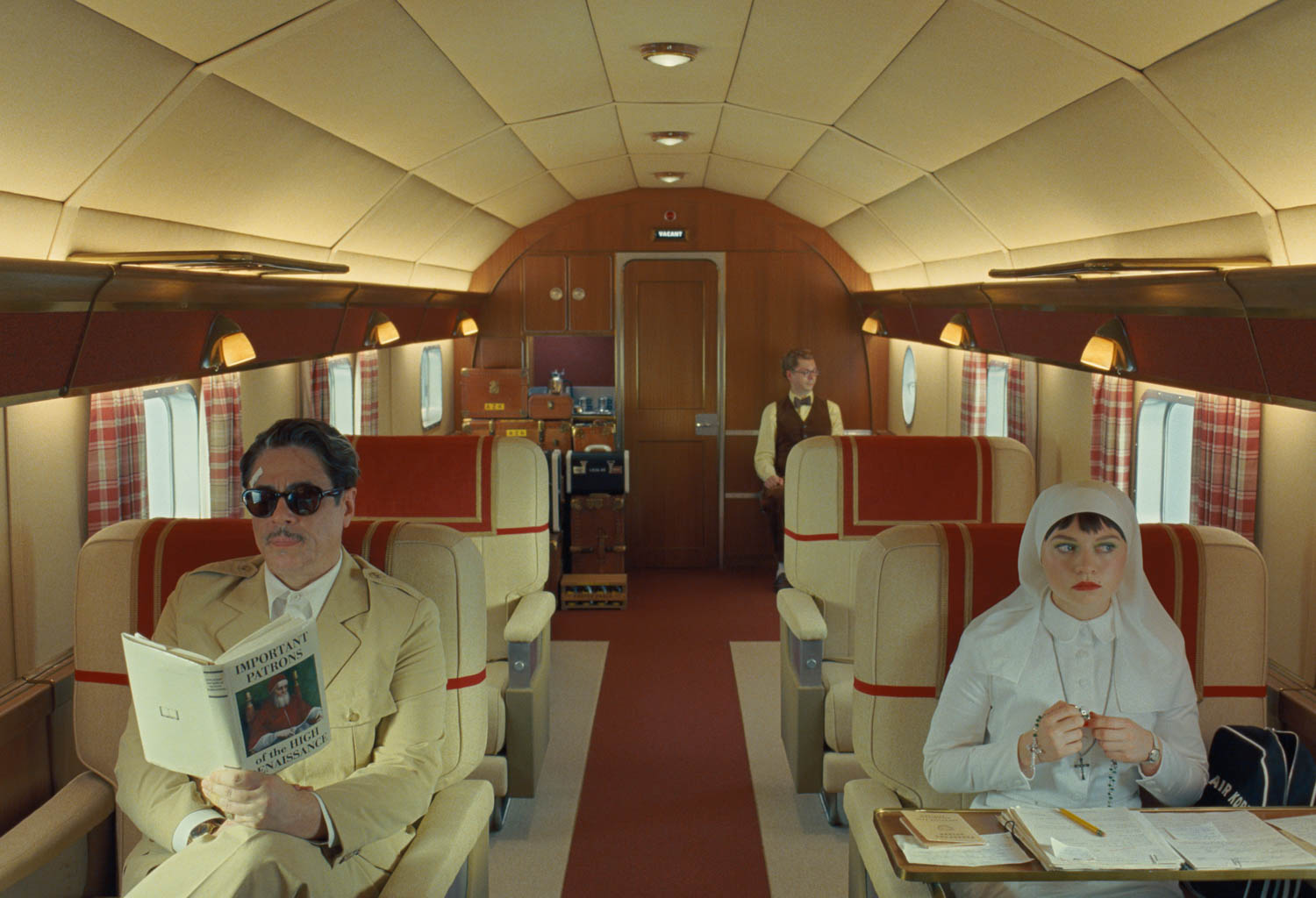Autonomous Vehicles Steal the Show at the 2018 Radical Innovation Awards
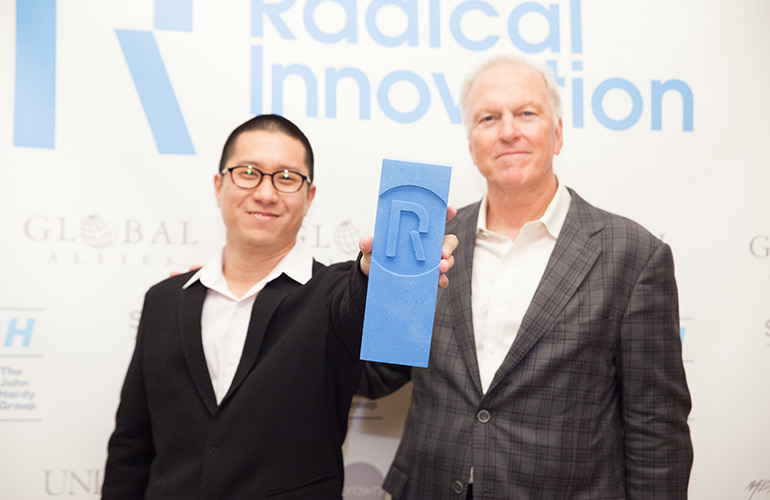
It’s full steam—er, electricity—ahead for autonomous vehicles. Despite some serious safety concerns resulting from Uber and Tesla’s initial forays into the autonomous market, everyone from Toyota and SoftBank to Honda and GM are jumping behind the wheel and driving this innovative reimagining of the automobile forward. But it’s not just multinational tech and auto manufacturers who are considering the possibilities of autonomous vehicles.
The hospitality industry expressed its excitement over this swiftly emerging tech at the 12th annual Radical Innovation Awards, selecting Steve Lee’s Autonomous Travel Suite as the grand prize winner. The Aprilli Design Studio founder won $10,000 and an opportunity to discuss his idea further with leaders in the hospitality industry, including The John Hardy Group, who co-produced the event with Global Allies and Sleeper Magazine.
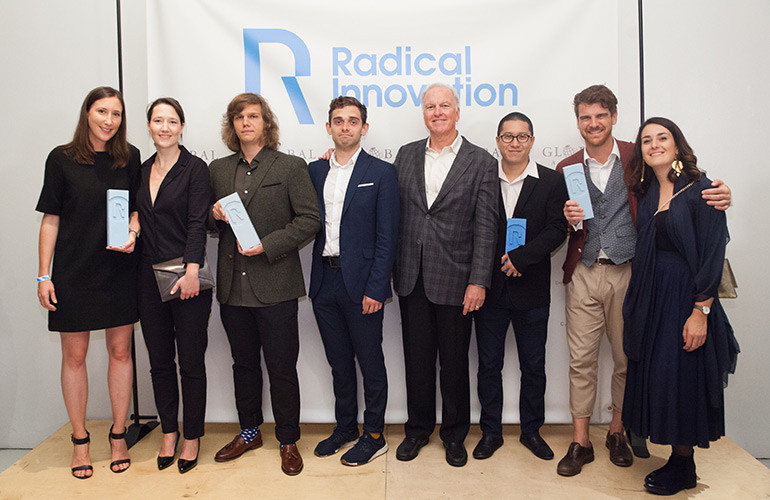
“This award is so fun to give every year because it’s not political, it’s not about big money,” said Hardy in his opening remarks. “It rewards people who dream big and who believe in their ideas. Without them, this whole program wouldn’t exist.”

Nearly 200 people from across the hospitality, design, real estate, and finance industries live-voted for the winning project after all three finalists presented their projects. In all, over 50 projects from 20 countries were submitted for consideration. The Autonomous Travel Suite won the jury and audience over with its sleek design, game-changing door-to-door service, and easy integration with future tech. The vehicle features sleeping, working, and washing areas in a compact but comfortable capsule that can pick up the traveler at their doorstep and bring them to multiple destinations. The mobile suite runs on an electric battery that can function eight to ten hours without a charge and deliver travelers to destinations six to 12 hours away from their homes.
Lee imagined that the mobile suites would be part of a larger autonomous hotel chain, which would have such traditional hotel amenities as meeting rooms, restaurants, and gyms, as well as recharging services for the mobile unit. The Autonomous Travel Suite’s flexible travel schedules, reduced costs, and smaller ecological footprint could render air or train travel irrelevant in the near future, Lee said.

The first place student award also went to an autonomous vehicle concept. Polish students Daniel Czyszczon and Michal Witalis were awarded $1,500 and assistantships at University of Las Vegas School of Architecture’s Masters of Architecture in Hospitality Design for their project RES, or Room Extension Solution. The project follows a similar vein as Lee’s, but it serves as a vehicle to get people from the airport to their destination, rather than picking them up at their home. This tech would be most beneficial for international travelers, the two students pointed out, who want a comfortable and easy way to reach their final destination after a long cross-oceanic flight.

Sister-led firm Varinot & Varinot Architects won second place and a $5,000 prize with their Aquaponic Experience Hotel concept, which tackles issues of worldwide food scarcity and natural resource mismanagement in an urban boutique hotel context. Through aquaponics, the hotel would produce enough vegetables and fish to feed 60 guests and provide an extra 30% of resources to food banks or grocers. The hotel would ultimately present guests with the ability to enjoy luxury, learn about pressing global issues, and have an ecologically clean conscience.
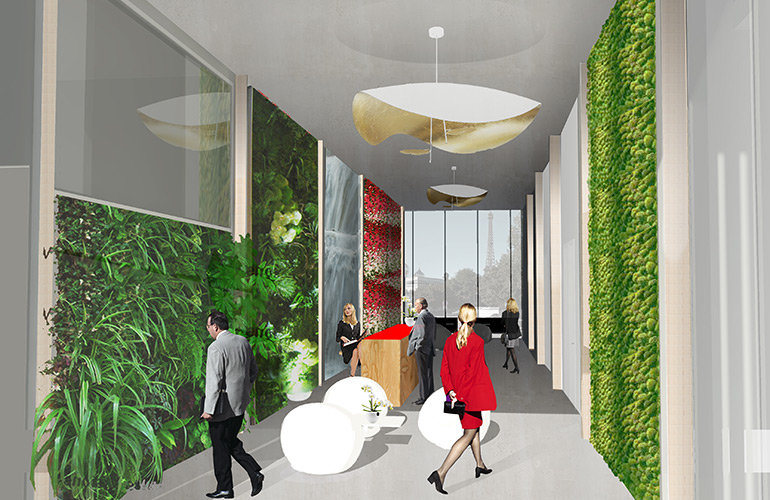
The third place winner, NOA*’s single-parent family aligned hotel/ à la carte therapy retreat, Le Colline Incantate, was beautifully and sustainably designed, but did present some issues of accessibility and feasibility that resulted in a third place designation. The hotel, which co-founder Stefan Rier indicated already had a developer on board for construction, is located on the shores of Lake Garda in northern Italy, providing a biophilic environment to aid families dealing with the death of a parent or divorce.

The event took place at New York City’s New Museum, a non-collecting art institution, which was a fitting locale for this annual award show that celebrates innovation and change.
